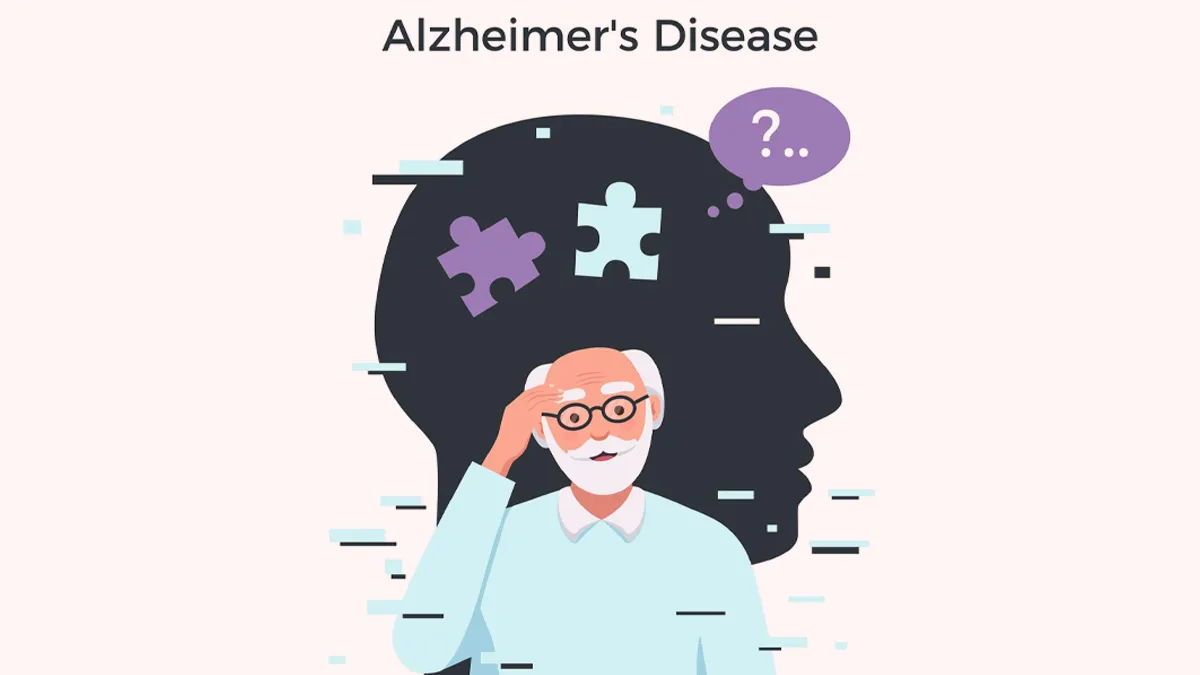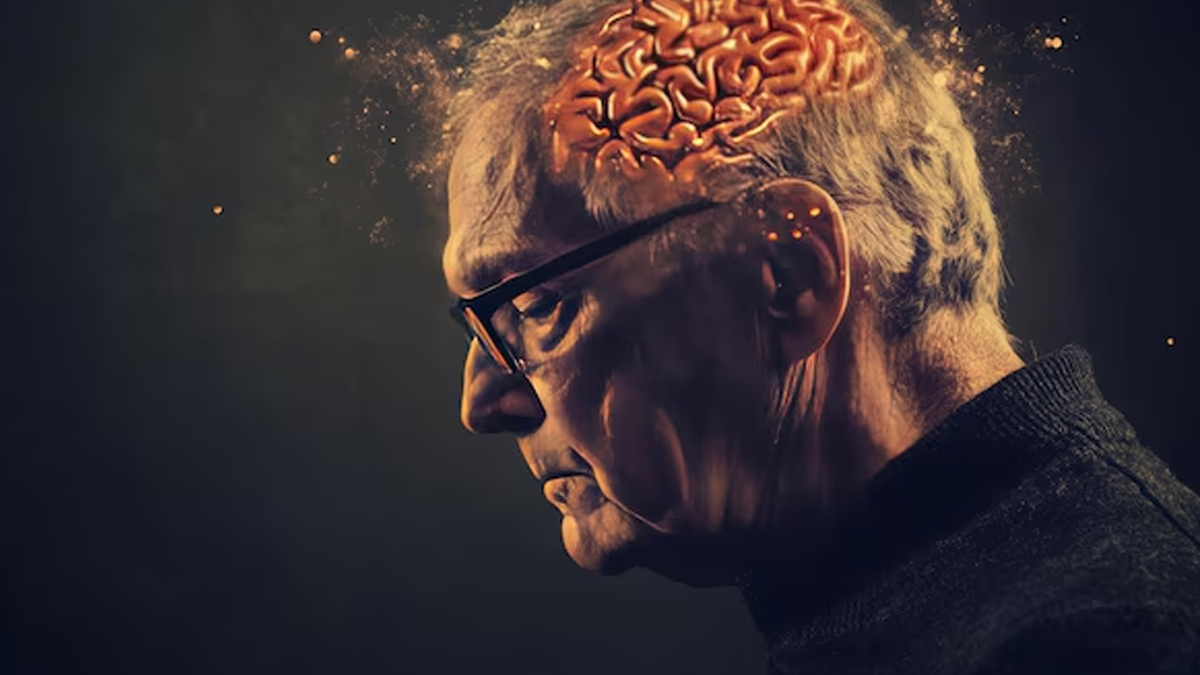
There has been new hope in the battle against Alzheimer's disease, this time from a surprising source: lithium, a mineral more traditionally linked to mood-stabilising medications. According to the findings, lithium may not only stabilise moods but could reverse brain ageing and enhance memory, presenting a potential miracle for millions of people with Alzheimer's or at risk of developing it.
Table of Content:-
According to StatPearls, Alzheimer's disease is the leading type of dementia, accounting for a minimum of two-thirds of instances among individuals over 65 years old. Alzheimer's disease is neurodegenerative, and it is characterised by progressive deterioration coupled with a slow process of onset. It affects abilities, such as memory, comprehension, language, attention, reasoning, and judgement.
What Harvard Found

Published on August 6, 2025, in Nature, this seven-year Harvard-led study by genetics and neurology professor Bruce A Yankner shows that natural lithium levels decline in ageing brains, especially in Alzheimer's affected ones. The team analysed over 500 human brains with significantly lower levels of lithium compared to healthy brains.
The researchers tested lithium on mice and found that those without enough lithium in their diet developed memory loss, brain inflammation, and buildup of harmful proteins, but when given small amounts of lithium, their memory and brain function significantly improved, returning to levels similar to those of younger mice.
The study stresses lithium’s crucial role in brain health as a protector of neural connections and myelin, and a helper for microglia to clear amyloid deposits. All this suggests lithium isn’t just a mood stabiliser—it might be a fundamental anti-ageing agent in the brain.
Also Read: Finding The Right Words: Communicating With A Parent Living With Memory Loss
Why It Matters
Alzheimer’s currently has no cure, and new treatments either slow progression modestly or lessen symptoms. The Alzheimer's Disease International reports that more than 10 million new dementia cases occur globally each year, equating to one new case every 3.2 seconds. In 2020, over 55 million people worldwide were living with dementia. This figure is projected to nearly double every two decades, reaching 78 million by 2030 and 139 million by 2050.
Lithium orotate, specifically at microdose levels, might provide a safer, cheaper, and perhaps quicker route to disease reversal rather than management alone.
Yankner himself is cautioning, though. While these findings are exciting, they're preliminary and mouse-based. He stresses the importance of human clinical trials to begin before someone rushes to lithium self-medication.
Also Read: Screen Fatigue, Doom Scrolling And Brain Fog: Are These New-Age Alzheimer’s Triggers?
What’s Next?
Human clinical trials are the way forward. Many questions abound: What is the optimal safe dosage? Are people on lithium orotate safe to take for a long time, much less in old age? And can we develop tests (perhaps blood or CSF-based) to detect low lithium as an early biomarker of Alzheimer's risk? The Harvard researchers are already pondering rapid trials based on lithium orotate's safety profile at low doses.
Bottomline
This Harvard study offers hope: a common, affordable element, lithium, might unlock a long-sought reversal of Alzheimer’s-related brain ageing. The results in mice are compelling, but don’t let that make you reach for lithium supplements just yet.
[Disclaimer: This article contains information for informational purposes only. Hence, we advise you to consult your professional if you are dealing with any health issue to avoid complications.]
How we keep this article up to date:
We work with experts and keep a close eye on the latest in health and wellness. Whenever there is a new research or helpful information, we update our articles with accurate and useful advice.
Current Version